Boost testosterone naturally: Which foods and nutrients elevate male hormones?
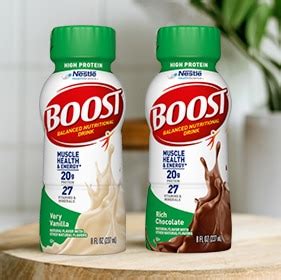
Understanding Testosterone and Its Importance
Testosterone, often referred to as the primary male sex hormone, plays a critical role far beyond just libido. It influences muscle mass, bone density, fat distribution, red blood cell production, and even mood and energy levels. While testosterone levels naturally decline with age, modern lifestyle factors can also contribute to suboptimal levels, leading to fatigue, reduced strength, and other health issues.
Many men are looking for natural ways to support their body’s testosterone production, and diet is a powerful tool in this endeavor. By focusing on specific foods and essential nutrients, you can create an optimal environment for hormone synthesis.

Key Nutrients Essential for Testosterone Production
Certain vitamins and minerals are indispensable for the intricate biochemical pathways involved in testosterone synthesis. Ensuring adequate intake of these can make a significant difference.
Vitamin D: The Sunshine Hormone
Often dubbed the ‘sunshine vitamin,’ Vitamin D is actually a steroid hormone itself and plays a crucial role in male hormone health. Research indicates a strong correlation between healthy Vitamin D levels and higher testosterone. It’s thought to directly influence the genes responsible for producing testosterone.
- Sources: Fatty fish (salmon, mackerel, tuna), fortified milk and cereals, egg yolks, and ample sun exposure.
Zinc: The Mineral Powerhouse
Zinc is a vital mineral involved in over 300 enzymatic reactions in the body, including those for hormone production. A deficiency in zinc has been directly linked to decreased testosterone levels. It helps prevent testosterone from converting into estrogen.
- Sources: Oysters (an exceptionally rich source), red meat, poultry, beans, nuts (cashews, almonds), whole grains, and dairy products.
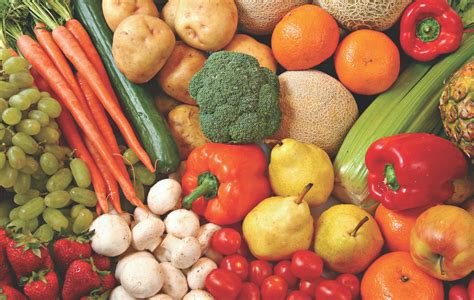
Magnesium: The Muscle and Hormone Helper
Magnesium is another essential mineral that contributes to various bodily functions, including muscle function, nerve function, blood glucose control, and blood pressure regulation. Studies have shown that magnesium supplementation can increase free testosterone levels, especially in active individuals.
- Sources: Leafy green vegetables (spinach, kale), nuts and seeds (almonds, pumpkin seeds), legumes, whole grains, and dark chocolate.
Other Important Micronutrients
- Boron: This trace mineral may help increase free testosterone and reduce estrogen levels. Found in raisins, prunes, almonds, and avocados.
- Vitamin K2: Emerging research suggests Vitamin K2 may contribute to testosterone production. Found in fermented foods, egg yolks, and certain cheeses.
Foods to Prioritize for Optimal Testosterone
Incorporating a variety of nutrient-dense foods into your diet is the most effective way to ensure you’re getting the necessary building blocks for healthy testosterone levels.
Healthy Fats
Dietary fats are crucial for hormone production, as cholesterol is the precursor to testosterone. Focus on monounsaturated and polyunsaturated fats, as well as saturated fats from healthy sources in moderation.
- Sources: Avocados, olive oil, coconut oil, nuts (walnuts, almonds), seeds (chia, flax, pumpkin), and fatty fish (salmon, sardines).
Quality Protein Sources
Adequate protein intake is essential not just for muscle growth but also for overall hormonal balance. Opt for lean, high-quality proteins.
- Sources: Lean beef, chicken, turkey, eggs, fish (especially oily fish), and legumes.
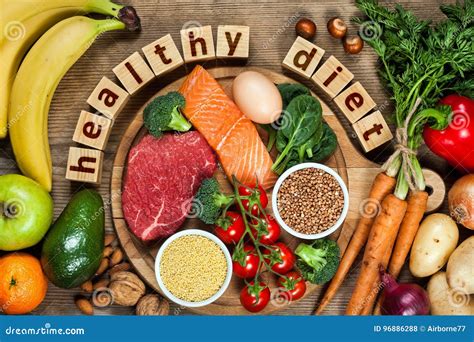
Cruciferous Vegetables
Vegetables like broccoli, cauliflower, Brussels sprouts, and cabbage contain compounds (like indole-3-carbinol) that help your body metabolize estrogen, which can in turn support higher testosterone levels.
Onions and Garlic
These pungent alliums are more than just flavor enhancers. Studies suggest that compounds in onions and garlic can support testosterone production and improve overall male reproductive health.
Berries and Antioxidant-Rich Foods
Antioxidants combat oxidative stress, which can negatively impact hormone production. Berries, dark leafy greens, and other colorful fruits and vegetables are packed with these protective compounds.
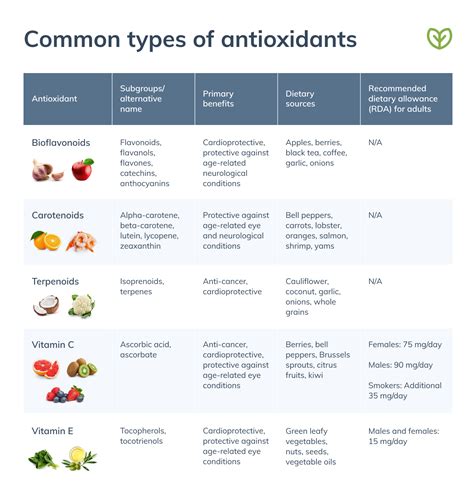
Foods to Limit or Avoid
Just as some foods boost testosterone, others can hinder its production. Limiting highly processed foods, excessive sugars, and unhealthy trans fats can help maintain a healthy hormonal environment.
Beyond Diet: Lifestyle Synergy
While diet is paramount, remember that it works in conjunction with other lifestyle factors. Regular strength training, adequate sleep (7-9 hours per night), and effective stress management are all crucial for optimizing testosterone levels naturally.
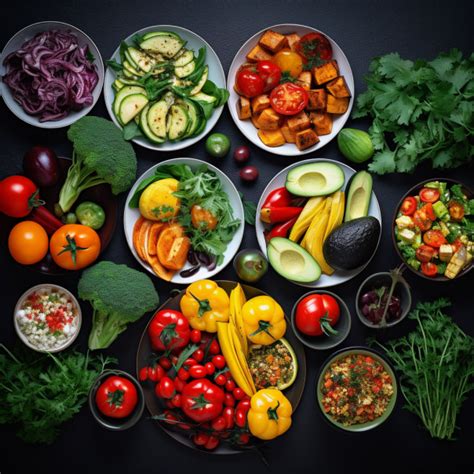
Conclusion
Boosting testosterone naturally is a holistic endeavor, with nutrition at its core. By strategically incorporating foods rich in Vitamin D, zinc, magnesium, and healthy fats, alongside plenty of quality protein and cruciferous vegetables, you can significantly support your body’s ability to produce this vital male hormone. Remember, consistency is key, and a balanced, whole-food diet is the foundation for overall health and hormonal well-being. Always consult with a healthcare professional before making significant dietary changes, especially if you have underlying health conditions.








